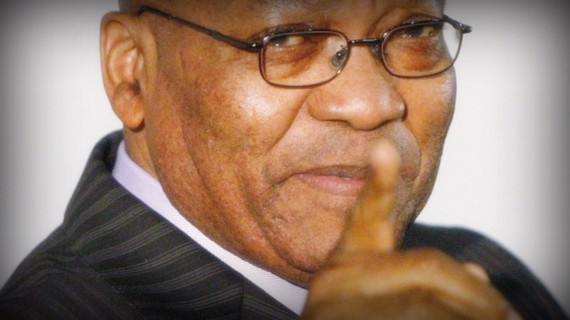
JOHANNESBURG — President Jacob Zuma is expected to inform the Southern African Development Community (Sadc) next weekend that the four-year facilitation process, which he headed, is over, following the conclusion of Zimbabwe’s elections.
Report By City Press
A source close to the process told City Press: “As far as South Africa is concerned, we have ended mediation in Zimbabwe.”
Sadc heads of State will gather for a two-day summit in Lilongwe, Malawi, on Saturday where they will focus on the recent elections.
President Jakaya Kikwete of Tanzania, who heads the Sadc organ that was concerned with Zimbabwe, is due to present the regional observer mission’s final report.
Almost 600 observers from the region monitored the elections.
Based on the report, South Africa will officially be released from its mediation task, the source said.
The regional body is also expected to lobby Western countries like Britain and the US to drop sanctions against Zimbabwe as part of a plan to help its economic recovery.
- Chamisa under fire over US$120K donation
- Mavhunga puts DeMbare into Chibuku quarterfinals
- Pension funds bet on Cabora Bassa oilfields
- Councils defy govt fire tender directive
Keep Reading
“We want to keep Zimbabweans in Zimbabwe and the country must be able to feed its people. If there are sanctions, it leads to more people fleeing because of the economic conditions,” he said.
Britain and the US questioned the validity of the elections soon after Robert Mugabe’s re-election was announced last Saturday. The final Sadc report, the source said, is set to focus on how elections were peaceful and free.
There will be less emphasis on problems with the fairness of the process, which Sadc questioned in its preliminary report released late last week.
The summit is set to conclude “the elections have been fair and peaceful and . . .reflect the will of the people”, the source said.
“The (summit’s) final statement will say something to the effect that all parties must give the internal processes a chance to run their course. No external audit of the elections will be accepted by Sadc,” he said.
Botswana is the only country in the 14-member body that has called for an audit, but it is most likely to be overruled.
Jakkie Cilliers, the executive director at the Institute for Security Studies, said Zuma had enough domestic challenges and would be happy to let go of his facilitation role.
“Nobody in the region has the time and energy to invest in this issue any longer,” Cilliers said.
He said Zuma had built an alliance of nations in the region to help keep the country in check.
Sadc and the African Union, which has also given the election a preliminary thumbs up despite concerns, “always choose stability over democracy and they have done so again”, Cilliers said. He said an external challenge of Zimbabwe’s election results could cause instability in the country and the region.
“It is, in a sense, a reflection of reality more than it is a choice, given the challenge that you face of an obstructionist leader who holds on to power by any means.”
Former President Thabo Mbeki, who helped Zimbabwe broker the Global Political Agreement in 2008 that led to a unity government, on Monday told students at his African Leadership Institute that Zimbabweans had the right to “self-determination”.
“There has been a sustained campaign before the (Zimbabwe) elections to discredit them before they happen,” Mbeki said. — City Press










